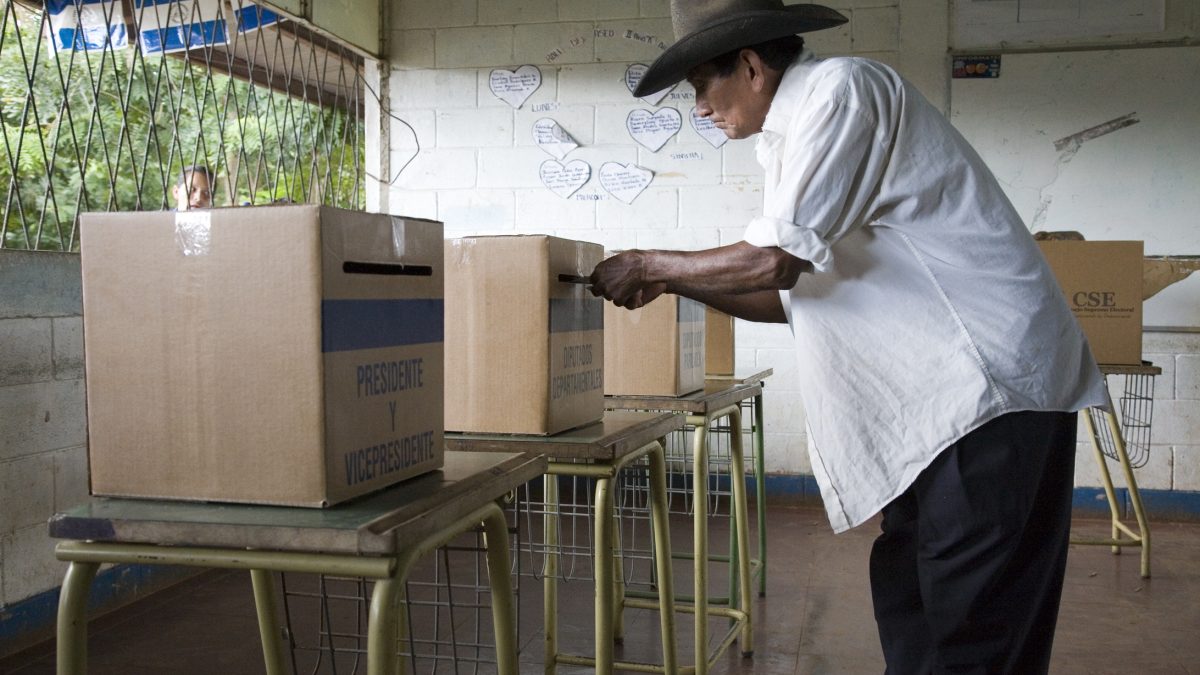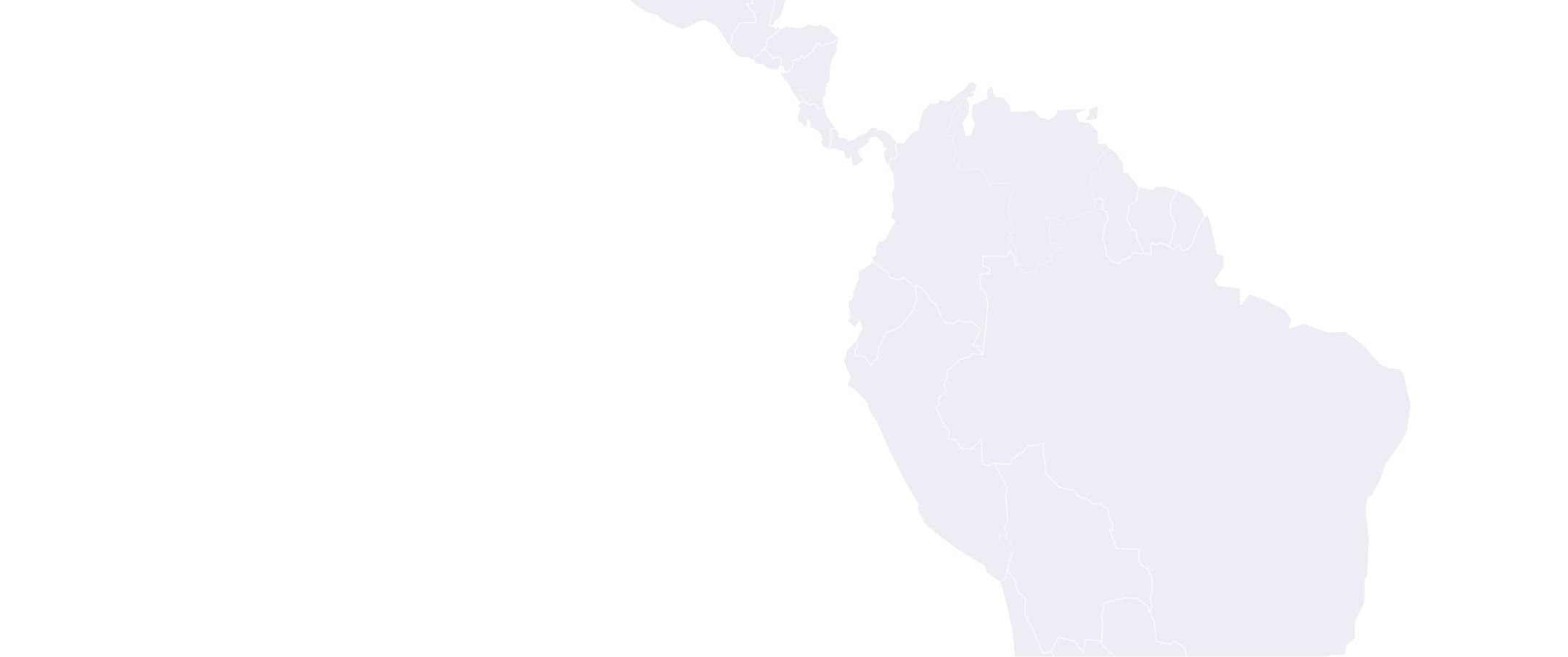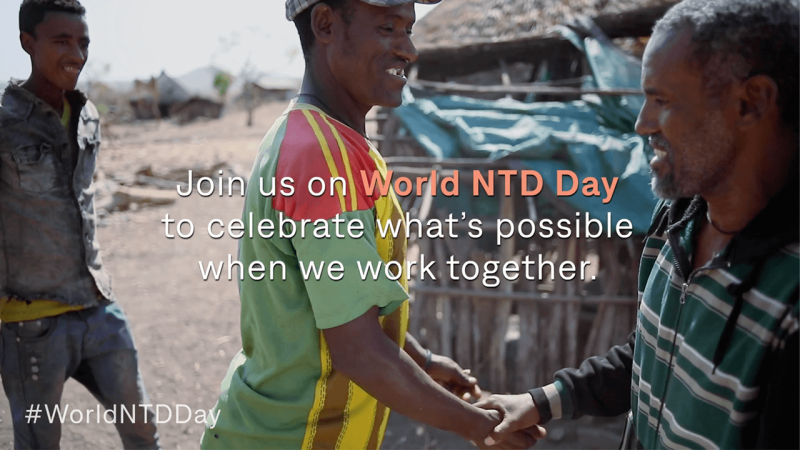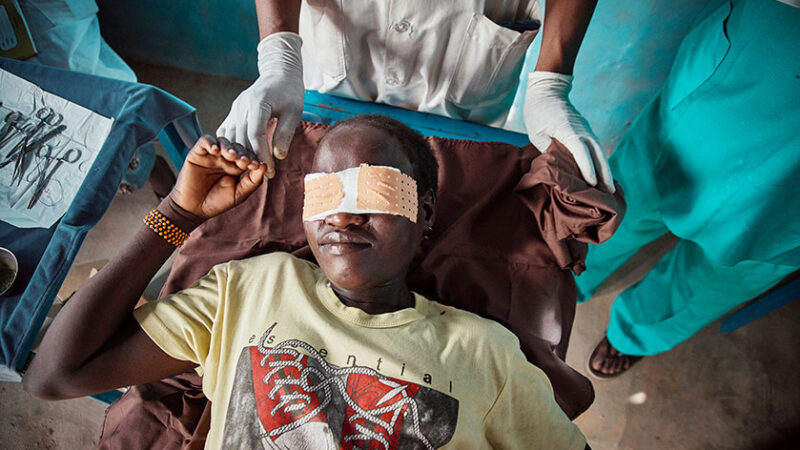Nicaragua

The Carter Center began observing elections in Nicaragua in 1989 and supported other steps by its citizens and leaders to strengthen peace and democracy after years of rule by dictators.
Impact
- Issued stark warnings about the implications for democratic governance after the deeply flawed 2011 elections
- Provided crucial support to the drafting and passage of a strong access –to information law in 2007
- Called international attention to the suffering and humanitarian need after Hurricane Mitch in 1998
Carter Center Statement on the Passing of Bill Richardson
Carter Center Applauds Release of Nicaraguan Political Prisoners
Carter Center Condemns Treatment of Cristiana Chamorro

Explore Further
Global Impact Starts with You
Your support sustains the Carter Center's mission of waging peace, fighting disease, and building hope around the world.



